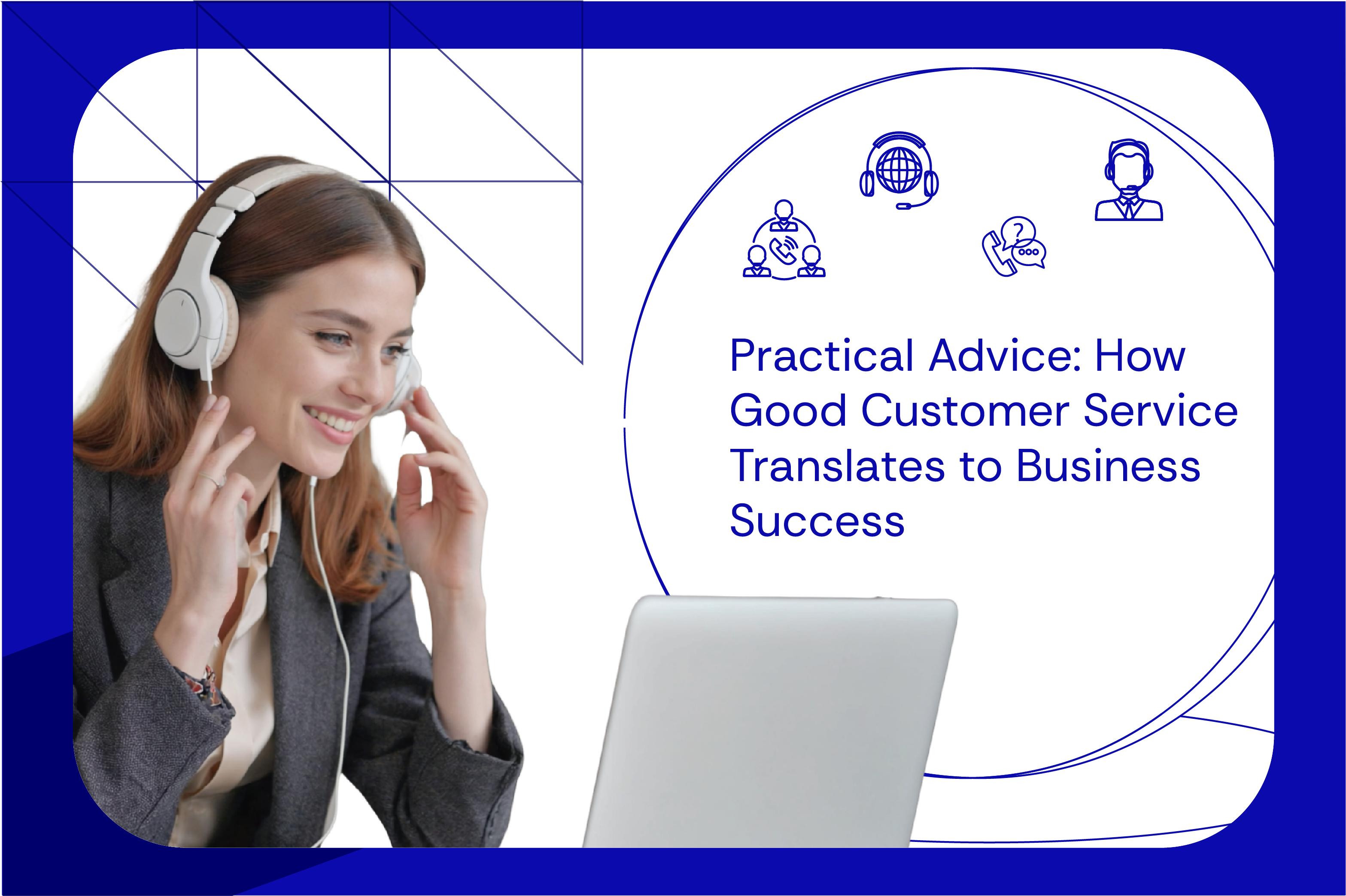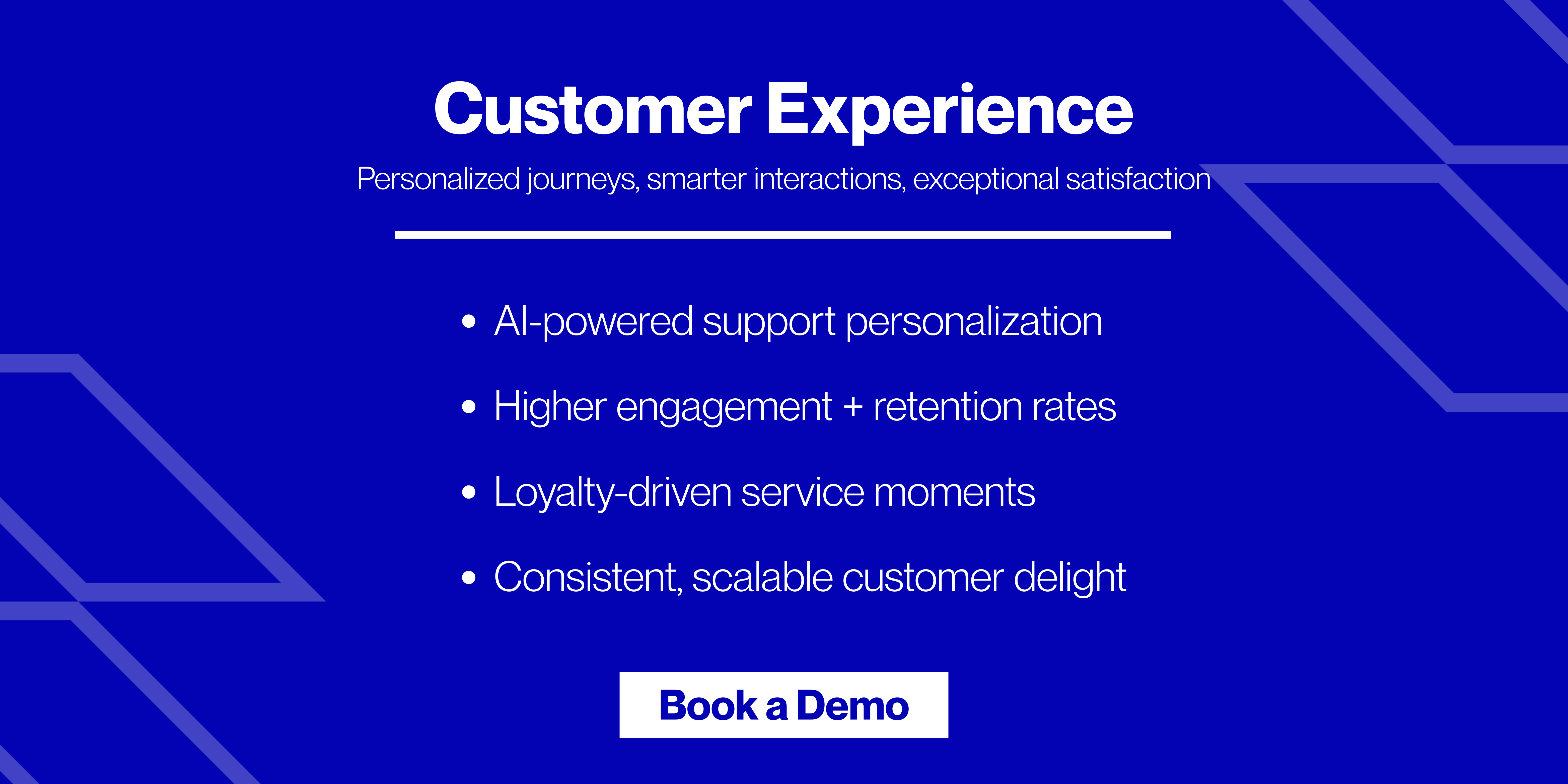Key Takeaways
- Good customer service is more than problem-solving—it’s a long-term growth strategy.
- The advantages of good customer service include higher loyalty, better retention, and stronger revenue.
- Customers value fast, personalized, and empathetic support that builds trust and satisfaction.
- Great service doesn’t mean being perfect—it means caring, resolving issues quickly, and making customers feel valued.
- For VP/Director level CX and support leaders at consumer and D2C brands (US, UK, Australia, $5M+), service strategy should be tied to business metrics (CSAT, NPS, retention and revenue per customer).
What Counts as Good Customer Service?
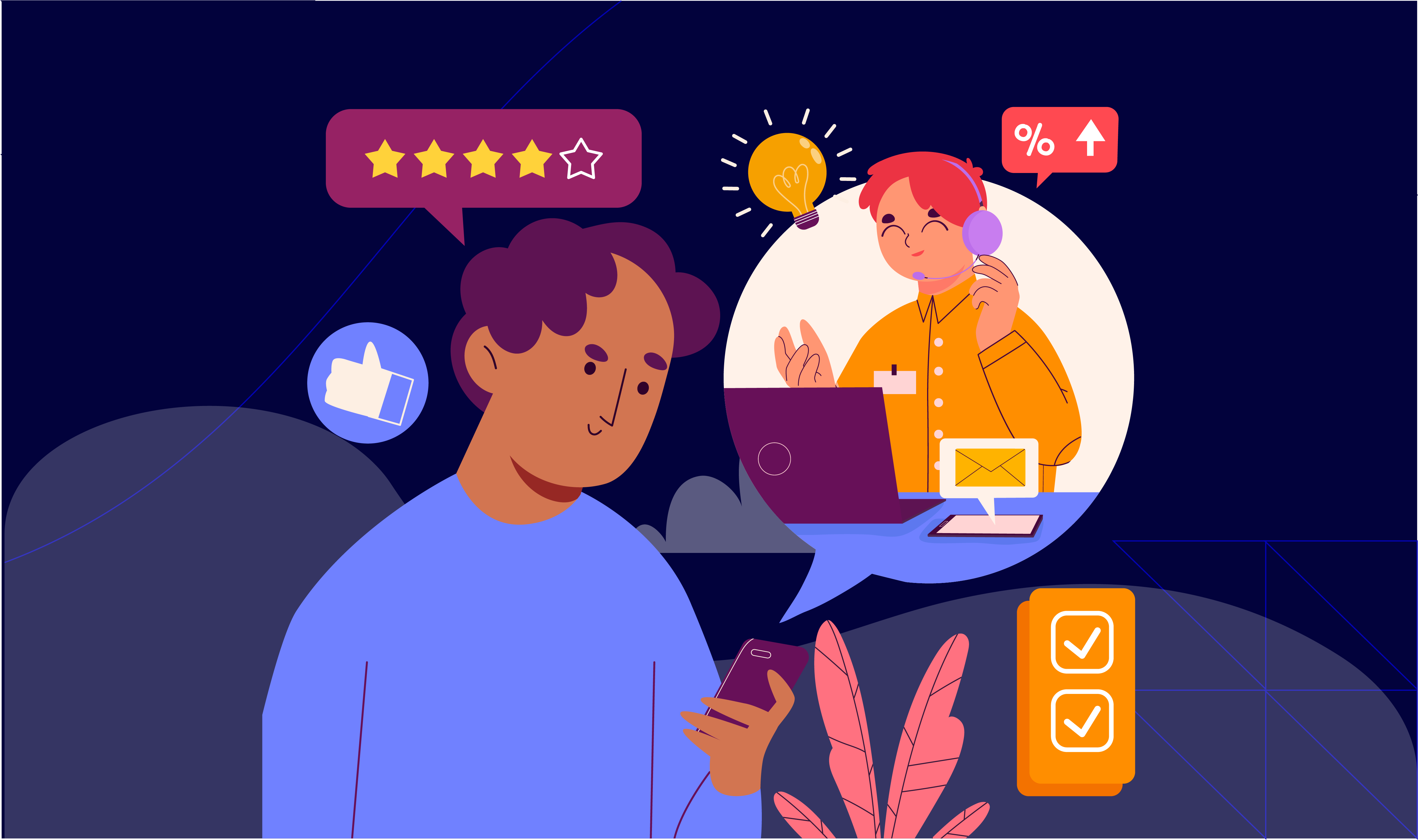
Good customer service is about showing up for your customers in a way that’s fast, human, and genuinely helpful. It’s solving the problem and leaving the customer feeling better than when they started. Great service is proactive, personal, and always people-first.
Here’s what that looks like in action:
- Fast response times – Because nobody likes waiting around when they need help.
- Clear, friendly communication – No jargon, no robotic replies. Just real talk from real people.
- Empathy over ego – Even if the issue isn’t your fault, a little understanding goes a long way.
- Ownership and follow-through – Customers shouldn’t have to chase you down for updates.
- Consistency across channels – Whether they’re chatting, emailing, or calling, the experience should feel seamless.
Customers remember good service. They’ll tell their friends about it. They’ll come back for more. And they’ll associate your brand with reliability, even if something goes wrong occasionally. For consumer/D2C brands scaling internationally, consistent service across channels is a key differentiator.
Let’s dive right into the benefits of good customer service.
The Real Advantages of Good Customer Service
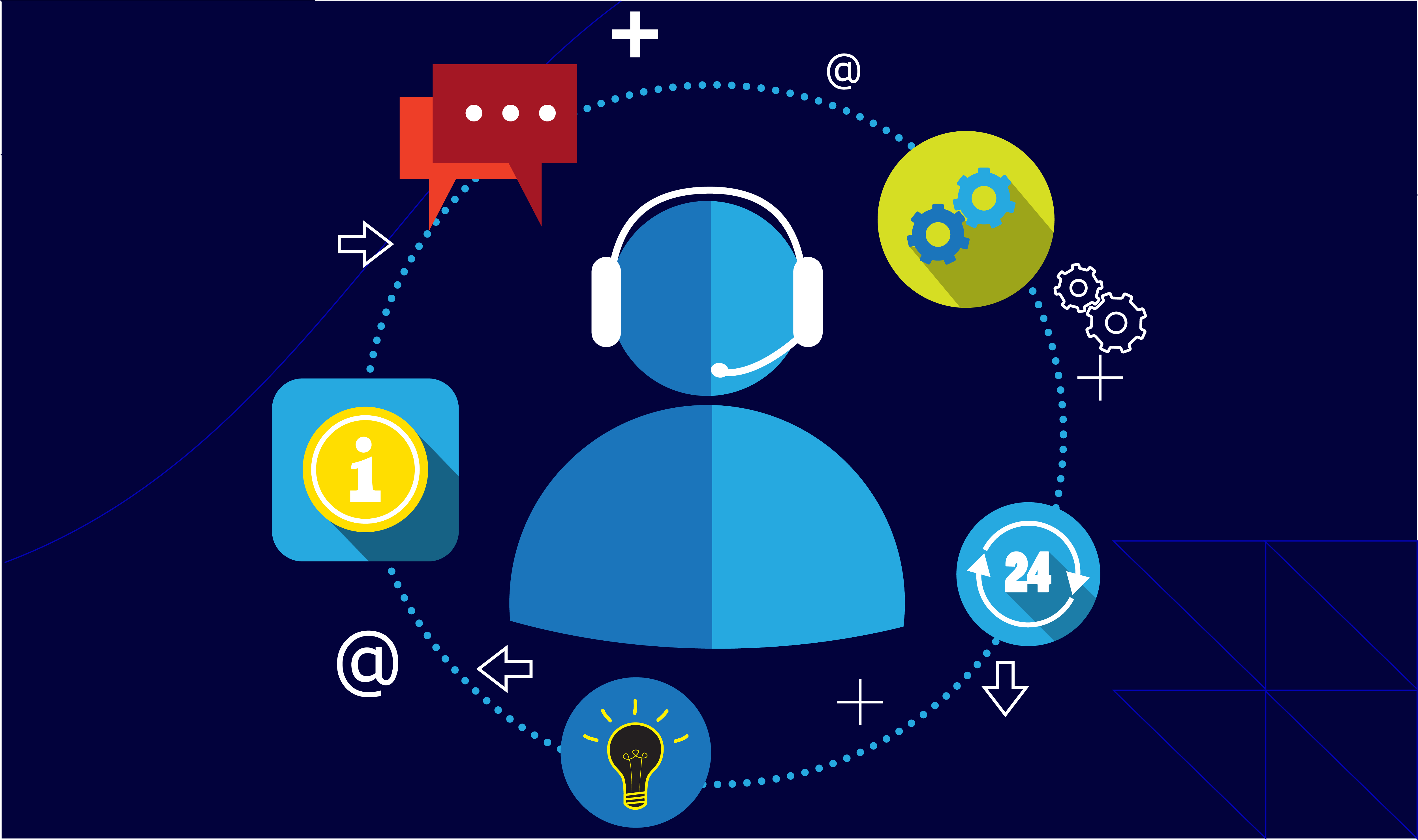
Great customer service isn’t just about “being nice.” It’s a growth engine in disguise. Sure, happy customers are awesome, but the real power of good service goes way deeper. Let’s unpack the actual business advantages of good customer service:
- It builds loyalty: Think about the brands you stick with—why do you stay? It’s probably not just about price or features. It’s likely how they treat you. When a customer feels heard, helped, and appreciated, they stick around. Loyal customers:
- Spend more time. In fact, studies show that returning customers spend upto 67% more than new customers.
- Are more forgiving when things go wrong. 80% of customers will forgive a bad customer experience if they rate the customer service team as great.
- Bring in referrals without costing you a cent — and research shows that referred customers are 18% more loyal than customers acquired by any other means.
- It boosts your bottom line: Customer service directly impacts revenue. Research by Bain & Company shows that businesses that excel in customer service grow at 4%-8% more than the market rate. When you consistently deliver great experiences, customers are way more likely to renew subscriptions, upgrade their plans, buy multiple times and recommend you to their network So instead of spending a fortune chasing leads, you’re growing through trust.
- It sets you apart, especially in a crowded market: If two companies offer similar products, guess which one wins? The one that:
- Responds faster
- Feels more human
- Solves problems with a little extra care
In a world full of options, people remember how you made them feel. And feeling supported? That’s powerful.
- It makes your whole company smarter: Your support team is on the front lines. They know what’s confusing your users. What they love. What’s missing. What nearly made them cancel. When you loop that feedback back into your product, marketing, and sales teams? Everybody levels up:
- Product knows what to improve
- Marketing speaks your customers’ language
- Sales can close with confidence
- It supercharges your brand reputation: In the age of online reviews and social media, every interaction counts. One great experience? It might show up in a glowing tweet or a 5-star review. One bad one? 30% of customers share their negative experiences online, and 96% of customers actively look for negative reviews before making a purchase. When you consistently deliver great service, though, your customers become brand advocates. They hype you up. They tell their friends. They defend you when things go sideways. That’s the kind of reputation money can’t buy.
Practical note for CX leaders: track how service changes affect retention and revenue — that linkage turns support from a cost center into a profit driver.
The Benefits of Good Customer Service to Customers

We’ve talked about how good customer service benefits your business, but what does it look like through the eyes of your customer? Here’s what great service feels like on their end:
- They feel seen, not shuffled: No one wants to feel like ticket #4829. When a customer reaches out and the person on the other end remembers their name, understands their history, or picks up where the last convo left off? That’s a game-changer. It makes the interaction feel personal, not transactional.
- They get help fast: No long hold times. No being passed from person to person. No repeating the issue three times. Just fast, clear support that solves the problem on the first try (which 72% of customers love).
- They feel more confident in your brand: Every time you deliver helpful, respectful, solution-oriented service, it builds trust. And trust is what keeps customers buying from you, talking about you, and recommending you.
- They’re more likely to stick around: People don’t leave brands because of price or product alone. They leave because they don’t feel valued. When your customer care makes them feel like they matter? They won’t just stay, they’ll become your biggest fans.
When you truly understand the benefits of good customer service to customers, you stop treating support as a “cost center” and start seeing it as a key piece of your growth strategy.
Atidiv data across 200K+ interactions shows higher consistency and personalization correlate with CSAT improvements.
Good Service Doesn’t Mean Perfect Service
Let’s face the truth — you’re going to make mistakes. Something will break. A shipment will be late. An email will be missed. That’s just real life, and customers get that. But what separates good companies from great ones is how you respond when things go sideways. A few ways great service shows up in messy moments:
- A genuine apology
- Clear communication
- A resolution that actually solves the problem
- A follow-up that says, “We didn’t forget about you.”
Some of your most loyal customers will come from situations where your team made a mistake, but handled it beautifully. So no, don’t aim for flawlessness. Aim for being human and helpful. Aim for the ability to execute a great recovery.
How to Make Great Service Your Everyday Standard

Great customer service is not magic. It’s a blend of mindset, systems, and consistency. Companies that do customer service brilliantly have incorporated it into everything they do. Here’s how you can do the same:
- Train for empathy, not just efficiency: Teach your team how to:
- Actively listen (not just wait to respond)
- Read the tone of a customer and adjust accordingly
- Stay calm and kind, even when the customer isn’t
- Make it easy to get help: Remove friction. That means:
- Offering support on channels that customers already use (email, live chat, social DMs, etc.)
- Letting them switch between channels without repeating their story
- Making sure your agents have full context to ensure seamless handoff
- Track the right KPIs: You can’t improve what you don’t measure. Here are the must-watch metrics:
- CSAT (Customer Satisfaction Score) – how happy are people after each interaction?
- NPS (Net Promoter Score) – would they recommend you? This one’s a big one as promoters have a customer lifetime value that’s 6-14x that of detractors.
- First Response Time – how fast are you getting to them?
- Resolution Time – how long are you making them wait for a real solution?
- Self-service Deflection
- Use customer feedback: Collecting feedback is step one. Using it is where the magic happens.
- Spot patterns in complaints? Fix the issue at the root.
- Getting repeated praise for a specific team member? Shout them out in front of the company.
- Give agents full context: Integrate CRM with support tools so agents see purchase history and previous tickets.
Tip for senior leaders: run small experiments (e.g., proactive outreach to high-value customers) and measure revenue impact to prove ROI.
Service Is Your Silent Sales Engine
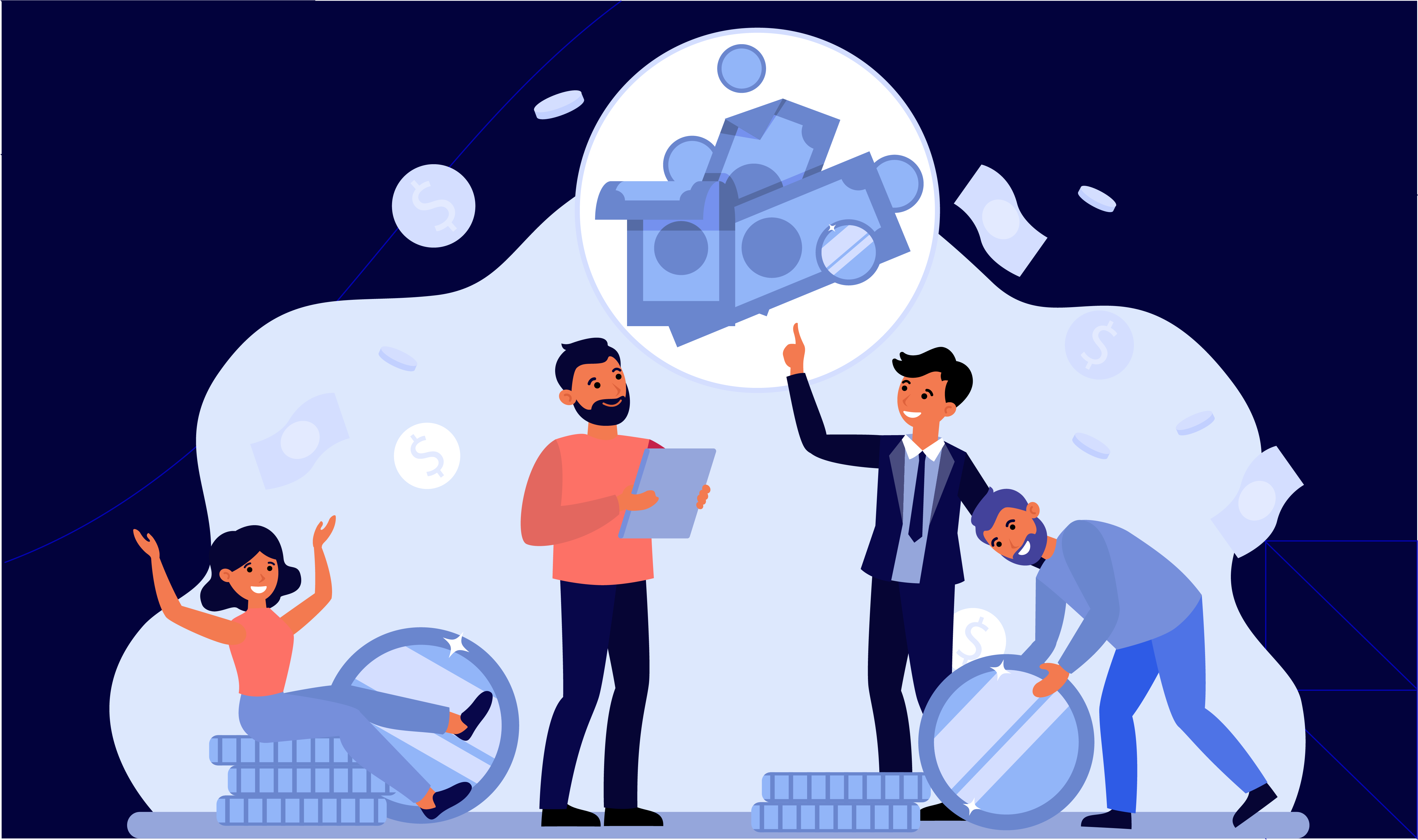
Your product might get someone in the door, but it’s your service that keeps them coming back. Every thoughtful reply and every smooth resolution is what sticks. That’s what turns a customer into a fan. And fans leave glowing reviews, tell their friends, post on social media, and stay loyal even when cheaper options pop up. That’s the real ROI of good customer service.
Want to scale your support without sacrificing quality? That’s where we come in.
Atidiv offers expert led, AI-enhanced CX teams that combine automation with human empathy while protecting CSAT and NPS. We deliver scalable solutions for consumer brands and D2C companies in the US, UK, and Australia. We help businesses turn customer care into a competitive advantage.
We offer:
- High-performance customer experience teams
- Smart automation + real human empathy
- Scalable, flexible support solutions that grow with your business
Partner with Atidiv and scale smarter.
FAQs On Good Customer Service
1. Why is good customer service important for a business?
Because it builds trust, keeps customers coming back, and turns happy clients into loyal brand advocates. It’s one of the easiest ways to stand out, especially when competitors are dropping the ball.
2. What are the benefits of good customer service to customers?
They feel heard, supported, and valued. When service is done right, customers get their needs met quickly and walk away with a positive impression of your brand.
3. How does great customer service help increase revenue?
Happy customers spend more, refer others, and stick around longer. In fact, it’s often cheaper to keep an existing customer happy than to win a brand new one.
4. What’s the difference between good and excellent customer service?
Good service solves problems. Excellent service goes a step further—it’s proactive, personal, and leaves people saying, “Wow, that was better than I expected.”
5. What are some simple ways to improve customer care today?
Train your team to listen, respond with empathy, and follow through. Use feedback to learn and improve. And make it easy for customers to get help on any channel.
Want to scale support without sacrificing quality? Partner with Atidiv — we help consumer brands turn customer care into a measurable competitive advantage.
